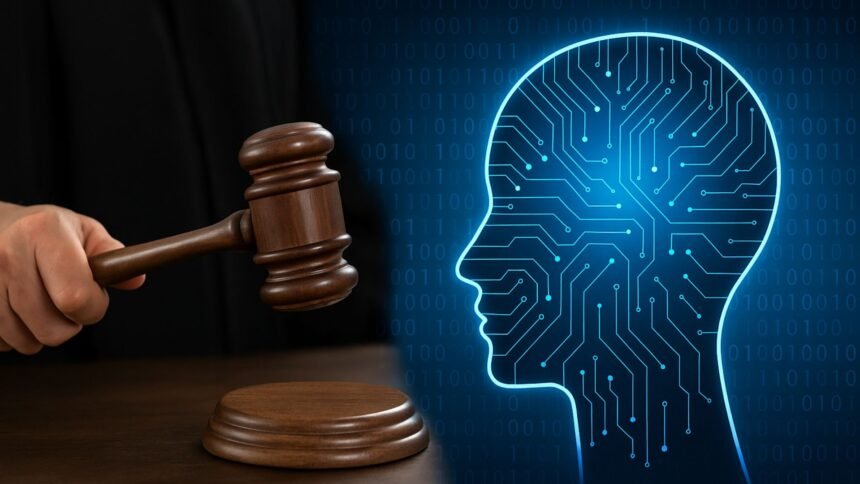Artificial Intelligence is celebrated as the most transformative technology of our time. From healthcare to education, it promises efficiency and empowerment. Yet beneath the glow of innovation lies a darker reality: AI has become a weapon for identity theft, reputational harm, and unchecked exploitation. What we are witnessing now is not hypothetical it is happening in real courtrooms, to real people.
Aishwarya Rai’s Legal Battle: A Warning from India
In India, actress Aishwarya Rai Bachchan recently turned to the Delhi High Court to defend her personality rights. Her name, image and likeness were being misused through AI-powered deepfakes and morphing, without her consent. The court granted her interim relief, ordering platforms and businesses to remove unauthorized content immediately.
This case is more than just a celebrity protecting her reputation. It underscores how vulnerable even the most powerful public figures are in an age where anyone can generate convincing fakes with a few clicks. If a global star must seek judicial protection, what hope is there for ordinary citizens whose likenesses are manipulated every day?
The Global Picture: From Courtrooms to Corporations
The misuse of AI is not confined to India. Around the world, legal systems are struggling to keep pace:
- In the United States, Anthropic, an AI startup, faced lawsuits for using copyrighted books without authorization to train its models. It eventually agreed to a staggering $1.5 billion settlement, highlighting the scale of intellectual property violations at stake.
- Encyclopedia Britannica and Merriam-Webster filed suit against Perplexity AI, accusing it of scraping and monetizing their copyrighted content through an “AI answer engine,” a move they claim threatens their survival.
- In the United Kingdom, the High Court issued an extraordinary warning to lawyers: stop submitting fabricated AI-generated case citations. Judges stressed that such “hallucinations” undermine the very foundation of justice.
These cases reveal a pattern: when AI is misused, it destabilizes not just individuals but entire industries and institutions.
Why Misuse Is Growing
Three forces are driving this crisis:
- Abundant Data, Little Consent: Billions of personal photos, videos, and voices are freely available online, fueling unauthorized model training and deepfakes.
- Cheap, Accessible Tools: Anyone with minimal skill can generate realistic fake videos or scrape copyrighted works using open-source AI tools.
- Lagging Laws: Regulation has not kept pace with technology. Most countries lack robust legal frameworks to assign accountability.
The Way Forward
If we are serious about harnessing AI responsibly, three urgent steps are required:
- Legal Protections: Personality rights, privacy laws, and copyright frameworks must be enforced rigorously. Courts, as in Aishwarya Rai’s case, must move quickly to grant injunctions.
- Corporate Accountability: AI companies cannot claim neutrality. They must build systems that prevent misuse, watermark outputs, and flag deepfakes.
- Global Standards: AI is borderless. Without international cooperation, offenders will always find safe havens to exploit gaps.
Beyond Innovation: Choosing Responsibility
AI can be a force for progress, but its misuse exposes the fragility of our identities, our professions, and even our democracies. Aishwarya Rai’s legal battle in India, billion-dollar lawsuits in the U.S., and judicial warnings in the U.K. are all symptoms of the same global problem.
The question is no longer whether AI misuse will affect us—it already has. The real question is whether governments, corporations, and societies will act in time to protect what matters most: human dignity.


















